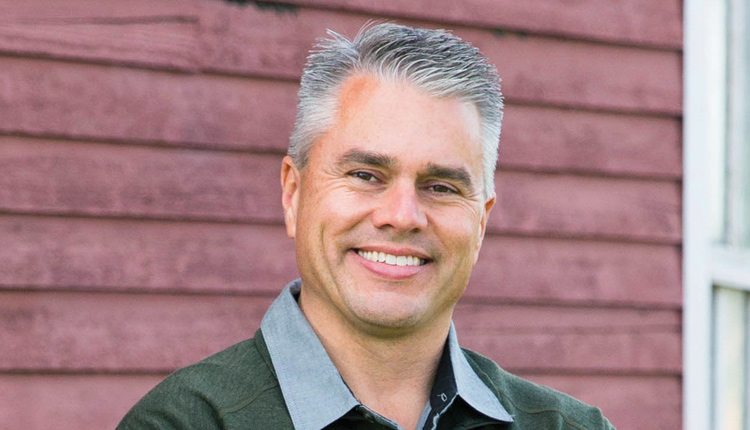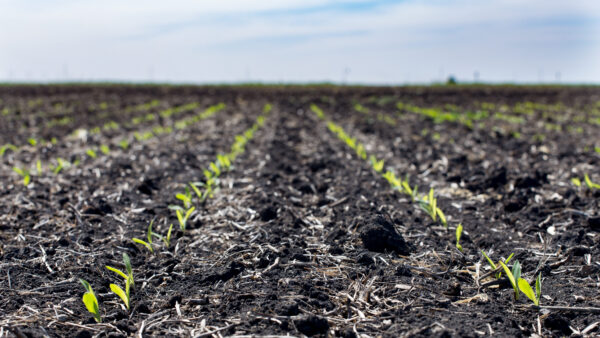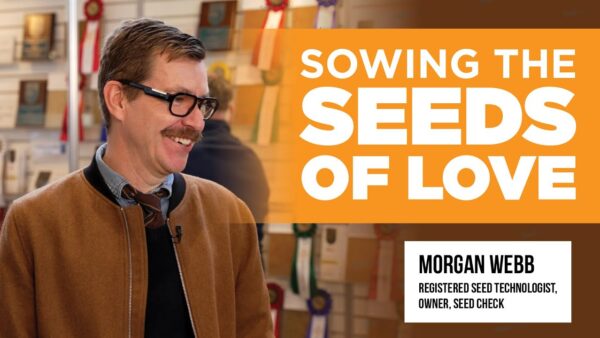Four seedsmen share their outlook for the future and what drives their customer base.
There’s no denying the U.S. agricultural industry is feeling an economic squeeze. Unfortunately, this dog appears to have a long tail. Michael Swanson, a Wells Fargo agricultural economist in St. Paul, Minn., says the strength of the U.S. dollar is likely to be the strongest wind against us for the next three to four years.
“Our strong dollar significantly impacts commodity exports,” he says. “Unless we get a significant weather scare, we’re going to be dealing with $4 corn for some time. We’re trading $4 corn on the 2016, ‘17, ‘18 and the ‘19 contract now.”
So how do America’s independent seedsmen handle this challenge?
“We’ve weathered these storms before,” says Tom Burrus, president of Burrus Hybrids in Arenzille, Ill., and a fourth-generation seedsman. “Providing products and management strategies that produce higher yields at less cost is the simple answer. That’s how we’ll get out of this quagmire we’re in.
“Yes, some farmers will get squeezed out but not the mass exit of the 1980s. There might be a few losses within our seed industry too.”
But Burrus sees a bright future. “We’re well financed, and we’re producing the seed on our own land,” he says. “Quality control favors us simply because we have our hands around every aspect of putting our seed into the market.”
Additionally, Burrus Hybrids is able to access worldwide breeding programs, which lets them select the genetics and special traits targeting the geography of their sales territory, and its seed fields are monitored daily.
“Perhaps the bigger advantage of most independents is the greater total service we provide,” Burrus adds. “Extension in many states doesn’t provide the ‘on-farm’ teaching anymore. Yet, our farmers have a growing appetite for information, and they want an independent source of knowledge. Independents are rapidly becoming that total source.”
Scott Beck, president of Beck’s Hybrids in Atlanta, Ind., says that they can truly focus on the individual farmer. “His success is our success,” Beck says. “We don’t have shareholders outside the company that we need to satisfy. Our ‘shareholders’ are each and every farmer that buys our product.”
With 548 employees, Beck’s claims to be the largest family-owned retail seed company in the United States. “We currently have eight family members involved in the ownership of Beck’s Hybrids, including my brother who farms in Illinois and also raises seed for us. My great grandfather and grandfather started the company in 1937.
“Customer loyalty is a key advantage for us. We don’t view this business as just being a seed transaction but rather an ongoing relationship that offers advice and assistance throughout an entire cropping program.”
Delivering Information
Beck’s provides agronomic information through Practical Farm Research studies and assists in data storage management by offering FARMserver — a technical platform that supports farmers’ precision farming needs.
“In a nut shell, we’re offering more value,” Beck says.
Joe Merschman, president and CEO of Merschman Seeds Inc., in West Point, Iowa, points to communication.
“We talk with our customers,” he says. “We match our products exactly to what they need for their farms. We’re not a one-size-fits-all company. We have the flexibility and freedom to virtually custom fit our products with their soils, production challenges, tillage programs and even planting schedules.”
Merschman understands the importance of investing time and resources into training its team of people.
“Farmers are knowledge hungry these days,” Merschman says. “That requires more from us than just getting seed to their farms. We’re an open book. Honesty and integrity are the cornerstones of every independent seed company if they want to be successful. Most independent seed companies are tied closely to their farm customers.”
His only real concern in competing against the ‘big boys’ are potential price wars.
“They may try to crush you in a certain market, in essence buy the business,” he says. “We don’t have the margins to compete in a price war. We differentiate ourselves by selling value, information, service and quality. Anybody can sell ‘cheap.’ We know that if a major wants a particular customer, or a market segment, they can target us. But if selling cheap doesn’t work, you’ll never get on that farm again.”
Along with communication and proximity, comes friendship. “Our customers are also our friends,” Merschman says. “You don’t let a friend down. We’re very focused on sharing information with our customers so they can make good decisions.”
With a long history of weathering the cycles, Merschman Seeds is entering its 62nd year in business. The company launched soybeans in 1957 when the crop was still mostly a stranger to farmers in southeast Iowa. Today, soybeans continue to be their No. 1 revenue source; however, corn keeps expanding, and alfalfa and wheat fill out the cupboard.
He chuckles, “There’s a bit of a stigma out there that soybean outfits can’t be successful in the corn business. We’re loving it … we’re proving that’s not so.”
Brian Hefty of Hefty Seeds in Baltic, S.D., relates their early start was in the crop chemical and fertilizer business. “We could sense that adding corn and soybean products was a good fit for the total service commitment we make with our customers,” Hefty says. “That’s great economic logic for our customers too.”
Today, there are 38 Hefty retail centers across 10 states.
“Farmer’s ask how we can offer just as good, or better, genetics than the majors. I tell them we are dealing with very similar genetics,” he says. “That’s because turnover on new hybrids is now about a two-year swing. They put millions into the research and development of new pedigrees and new traits. Getting a good return quickly is vital to them … and their shareholders.”
Hefty appreciates the aggressive nature of today’s farmers, noting that they don’t want to be tied to the apron strings of the majors. “We see farmers becoming more knowledgeable and independent,” he says. “They are recognizing that we provide that total service package that enables them to maintain their independence.”
Moving forward, Hefty expects continuing merger and acquisition activity. “Margins are simply getting tighter for everyone,” he says. “Just like our customers, the challenge ahead is how can we get more productivity out of all our resources.”
But Todd Martin, executive director of the Independent Professional Seed Association, doesn’t expect to see a rash of consolidations as a result of the tightening agricultural outlook.
He says the very strength of independents is their ability to adapt swiftly to a changing environment. “These folks know how to weather down turns in the market,” he says. “They have a unique way of seeing opportunities and taking advantage as the market dictates. That’s why they continue to be successful.”
Merschman says the independents here today will be the ones around for the long haul.
“We have a passion and joy for the business,” he says. “My father (Bill) is 87 years old. He started this business and he still unlocks the door every morning at 6:30. When he turned 80 he told me, ‘You know, son, this business is starting to get fun.’”













